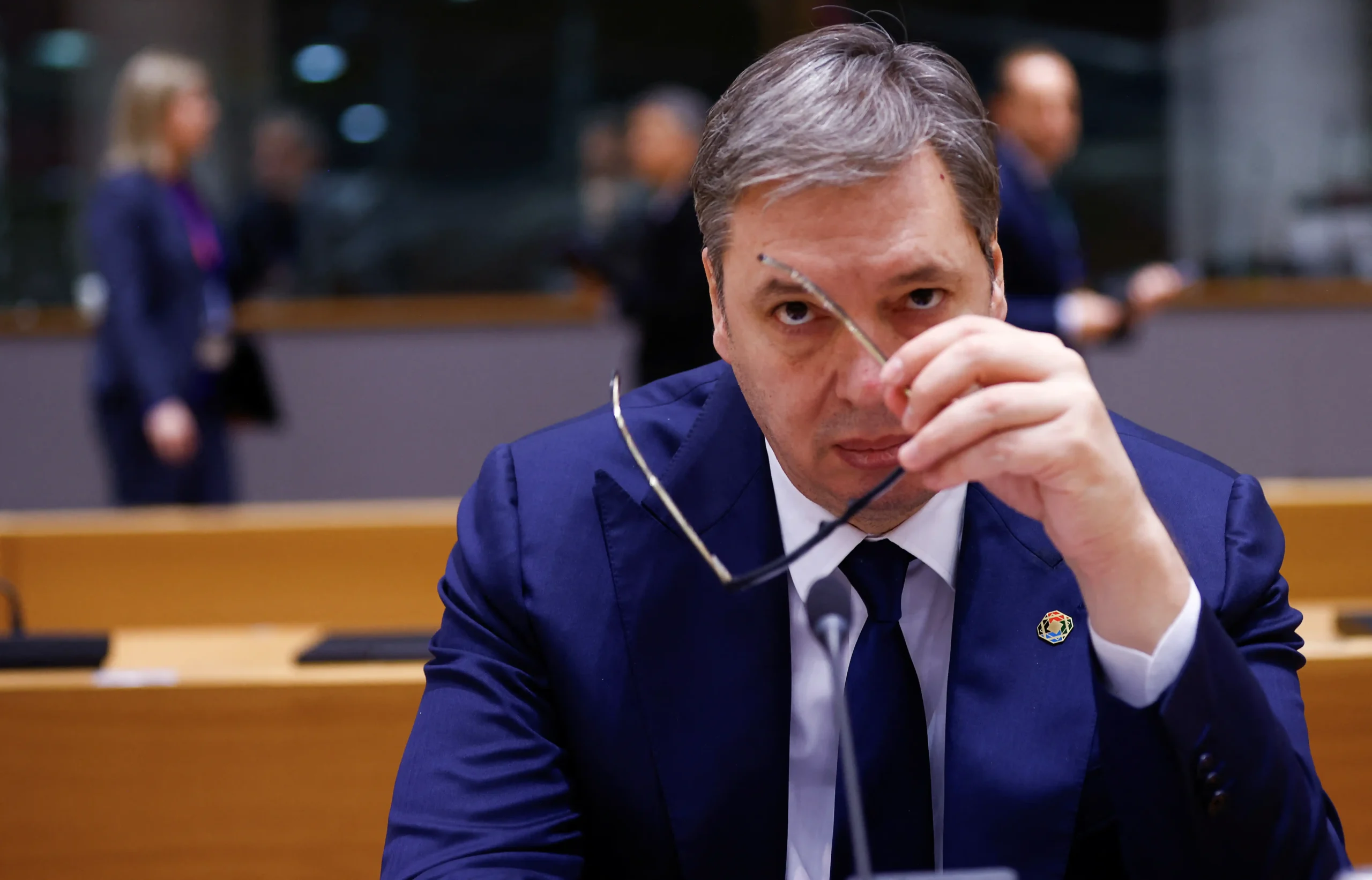Who Owns NIS Shares?
Currently, the ownership structure of “Neftna Industrija Srbije” (NIS) is as follows:
- 50% of the shares are owned by Russia’s Gazprom Neft,
- 6.15% are owned by Gazprom,
- 29.87% belong to the Republic of Serbia.
Serbian President Aleksandar Vucic recently emphasized the country’s readiness to buy out Russia’s stake in NIS to avoid potential US sanctions.
Why is NIS Facing Sanction Risks?
The United States is considering sanctions against NIS as part of its broader policy targeting Russian companies. According to President Aleksandar Vucic, the key question lies in the extent of Russian ownership.
“The issue is whether we’re talking about full Russian ownership or just a majority share,” Vucic explained. “Will NIS still face sanctions if the Russians hold 40%, or will the Americans insist on no Russian ownership at all, perhaps allowing only 10%?”
This uncertainty has prompted Serbia to consider significant steps to secure its energy independence.
The State’s Plan: Buying Out the Shares
President Vucic has assured the public that Serbia has the financial resources to buy out Russia’s share in NIS. Even if the total cost reaches one billion euros, the government is prepared to act.
“We have the money to buy NIS immediately,” the president stated. “If the cost is around one billion euros, approximately 600 million euros would cover Gazprom and Gazprom Neft’s shares.”
Importantly, Vucic confirmed that the acquired shares would remain under Serbian ownership, ensuring long-term national control over the company.
US Sanctions: Challenges and Opportunities
The possibility of sanctions poses both challenges and opportunities for Serbia. While sanctions could disrupt operations, the buyout plan may also allow Serbia to strengthen its position in the energy sector.
“You want to punish them,” Vucic remarked, referring to the potential US sanctions. “Yet we will pay for their stake, and they will immediately receive 500, 600, or 700 million euros.”
This proactive approach demonstrates Serbia’s determination to safeguard its energy security and economic stability.
What’s Next?
The situation remains uncertain, but Serbian authorities are actively exploring solutions to minimize risks. In addition to negotiations with the United States, Serbia continues its strategic partnership with Russia.
Serbia’s decision to buy out Russia’s share in NIS underscores its commitment to energy independence. While the sanctions issue remains unresolved, the government’s readiness to invest highlights the strategic importance of this sector.


















